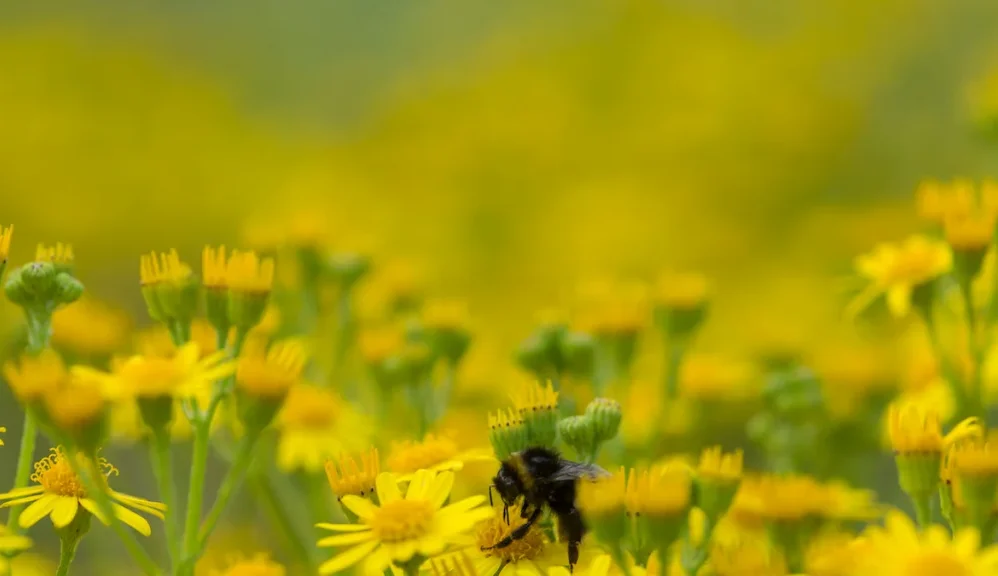By Holley Ford
The watery, itchy, burning eyes, runny nose, constant sneezing. Allergy symptoms are no fun. Allergies make us uncomfortable, irritated and downright miserable.
If you have an allergy, your immune system overreacts to a substance you inhaled, touched or ate, according to the American Academy of Allergy, Asthma and Immunology.
So, we wanted to know everything we could about allergies: What’s the best way to fight them? Why do we get them? How do we differentiate allergy symptoms from COVID-19 symptoms?
We took your questions straight to Dr. Richard Wasserman, medical director of Pediatric Allergy and Immunology at Medical City Children’s Hospital in Dallas, Texas.
When is allergy season?
“The allergy season depends on where you live in the United States,” said Wasserman. “Here in Dallas, allergy season begins in late December or early January and really picks up a lot in the middle of February. Most people feel better in the hot summer months when things aren’t pollinating very much. In the north, the season starts later, but the grass season lasts all through the summer because it never gets hot enough to shut down pollination.”
Why do I have allergies?
“Allergies are inherited. People inherit the ability to be allergic, but they don’t exactly inherit what they’re allergic to,” said Wasserman. “So, people who have one parent with allergies have about a 50% likelihood of developing allergies. If both parents have an allergic disease, it’s about 80%.”
What is pollen and how can it impact me?
Pollen is the material that carries the genetic material of a plant and that’s how plants reproduce.
“Pollen is distributed by wind. Pollens that are distributed by wind are the things that really bother us because it carries in the air and lands in our noses and eyes and causes us problems.” Click here to check the pollen count in your area.
How long do allergies last?
“It depends on the patient and what is stimulating them. Under most circumstances, particularly with pollen, the same pollen is active day after day, so you may not notice that big of a difference from one day to the next during the season,” Wasserman said.
What are the common symptoms of allergies?
A number of different allergens are responsible for allergic reactions, according to AAAAI.
The most common include:
• Pollen
• Dust
• Food
• Insect stings
• Animal dander
• Mold
• Medications/Drugs
• Latex
“The typical symptoms of allergy are stuffy, runny, itchy, sneezy,” Wasserman said. “Stuffy nose, hard to breathe through your nose, clear, runny nose, itchy nose, itchy eyes, sometimes itchy ears, and excessive sneezing.” Read more at NBC 4.
Photo: Getty Images









